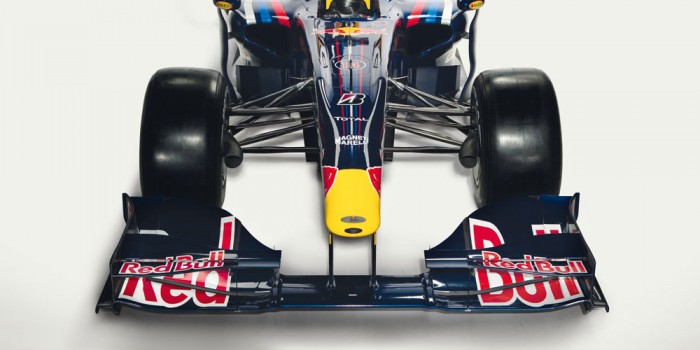In a previous article, written for this website by David Parnell, he explained that thinking burns glucose and that, it might well be beneficial for retailers to provide customers with access to a small energy boost, perhaps a mint or drink, to help them stay energised for shopping. A new study, whilst not looking at consumers, adds a new dimension to this advice and reinforces its importance for consumer behaviour. It comes from research that has been conducted looking at sentencing patterns of judges. It’s another example of the extent to which we’re nowhere near as rational as we like to tell ourselves. Much as I would like to believe that a judge’s sentence is based on an objective assessment of the facts of the case and a dispassionate application of the relevant laws and sentencing guidelines, the evidence suggests otherwise. A researcher examined more than 1000 parole board hearings […]






Recent Comments